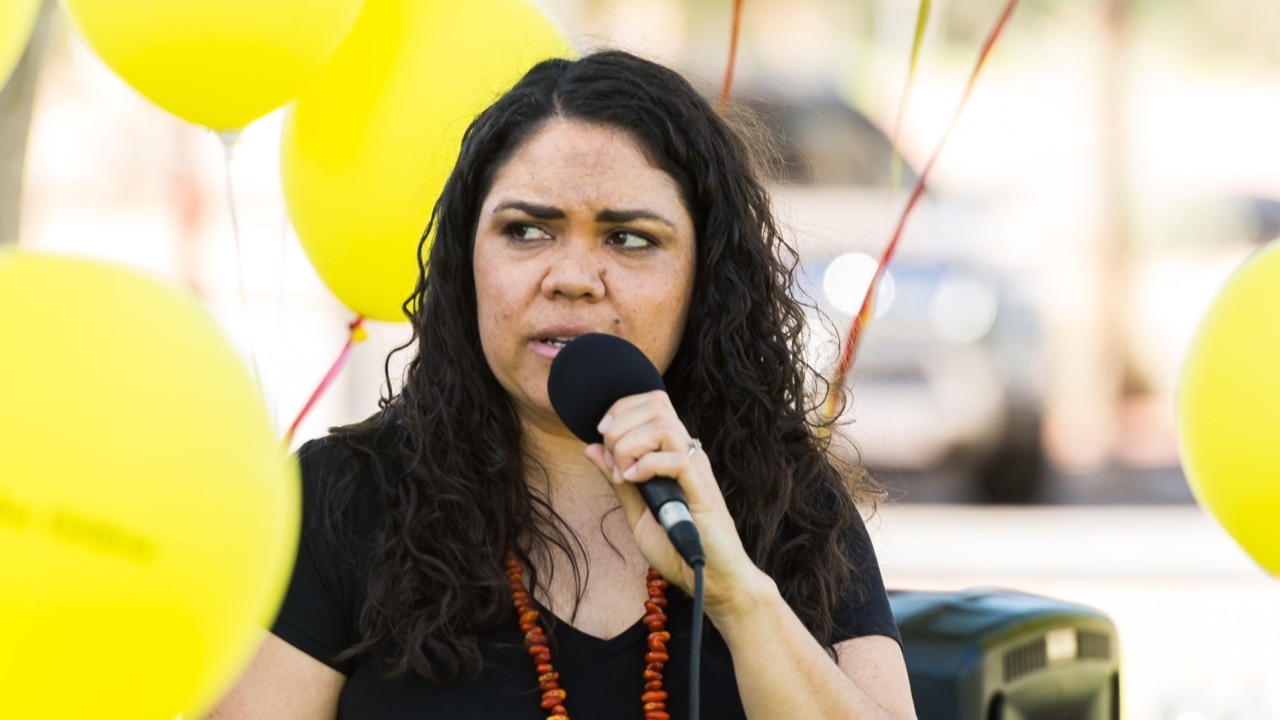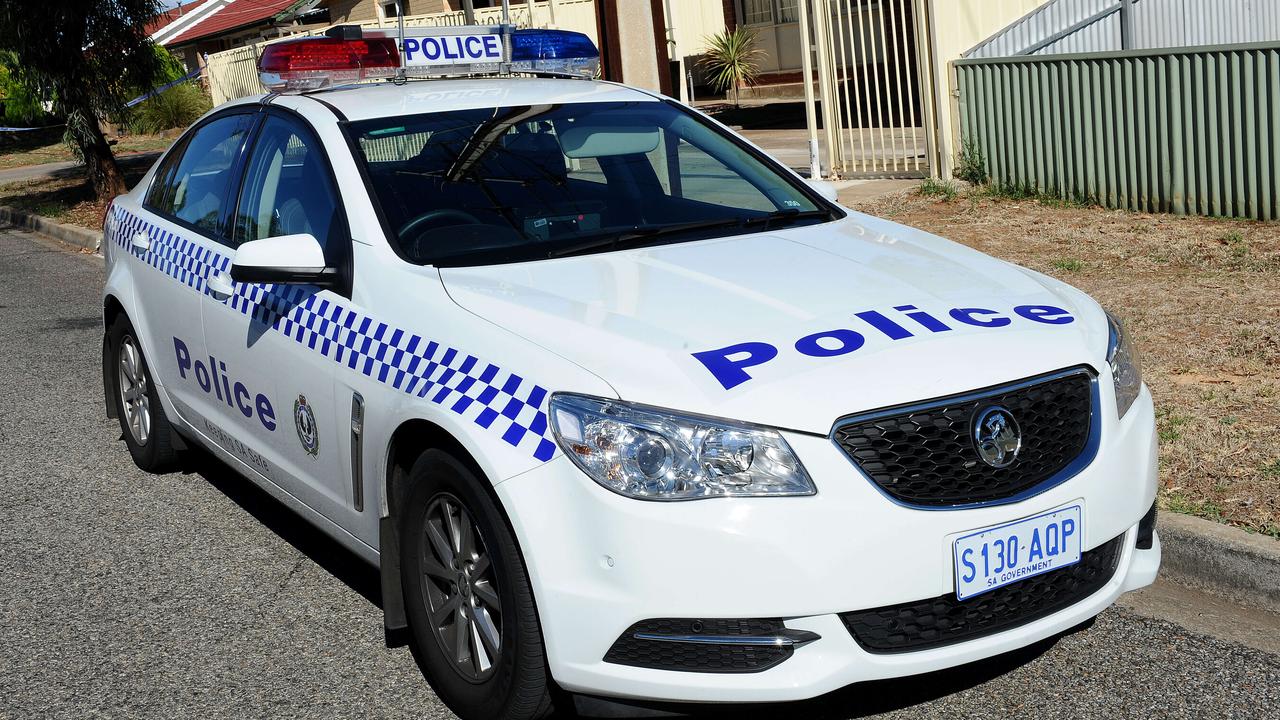Police arresting Aboriginal man Paul Reid thought he was ’feigning’ medical episode before he died, inquest told
Police believed a man who died during his arrest for a domestic violence incident was “feigning” a medical condition, an inquest has heard.

Police & Courts
Don't miss out on the headlines from Police & Courts. Followed categories will be added to My News.
Police believed a man with a heart condition who died during his arrest was “feigning” a medical condition when he collapsed, an inquest has been told.
Police were called to the home of Aboriginal man Paul Reid, 50, about 2.30am on May 26, 2017, after his partner dialled triple-0 fearing he was going to hit her.
Opening the mandatory inquest, counsel assisting the coroner, Sally Giles, said police had arrived at Mr Reid’s Parafield Gardens home about 2.38am.
He was placed under arrest for aggravated assault at 2.47am.
Just a few minutes later, at 2.54am, one of the arresting officers, Senior Constable Mark Brookes, requested an ambulance saying Mr Reid “has decided to feign unconsciousness”.
Moments later, she said Mr Brookes said: “He was up and shouting and yelling prior to the handcuffs going on and he suddenly decided to go non-responsive but no episode preceding it to indicate he has any injuries or underlying issues”.
Ms Giles said another officer had said in a statement that he “assumed Mr Reid was faking his response to being arrested”.
Ms Giles said that at 2.58am, Mr Brookes further requested an ambulance “urgently” and said CPR was under way.
Mr Reid was declared deceased at 4am. His cause of death at post mortem was ischaemic heart disease.
Ms Giles said family members had provided statements which raised multiple concerns, including that Mr Reid was not given his GTN spray for a heart condition during his arrest, despite their attempts to alert police.
They were also concerned force had been applied to Mr Reid’s neck during his arrest.
The court heard Constable Brookes did not recall anyone at the house mentioning a heart condition or officers applying restraint to Mr Reid’s neck.
Mr Reid was diagnosed with a “significant coronary artery disease” in November 2016, which was deemed unsuitable for bypass surgery.
“Mr Reid was to be managed medically, by medication,” Ms Giles said.
“Mr Reid had been non-compliant with taking his medication for his heart condition for many months in the lead-up to his death.”
She said the inquest would explore issues including the lead-up to and manner of Mr Reid’s arrest, the timing of contacting an ambulance and the officers’ knowledge of his medical condition.
Jane Powell, for Mr Reid’s family, said the family had identified three issues of concern - the use of force against Mr Reid before his arrest, the unresponsiveness of police to the medical emergency and the failure to shield or cover his body after his death.
The inquest continues.


